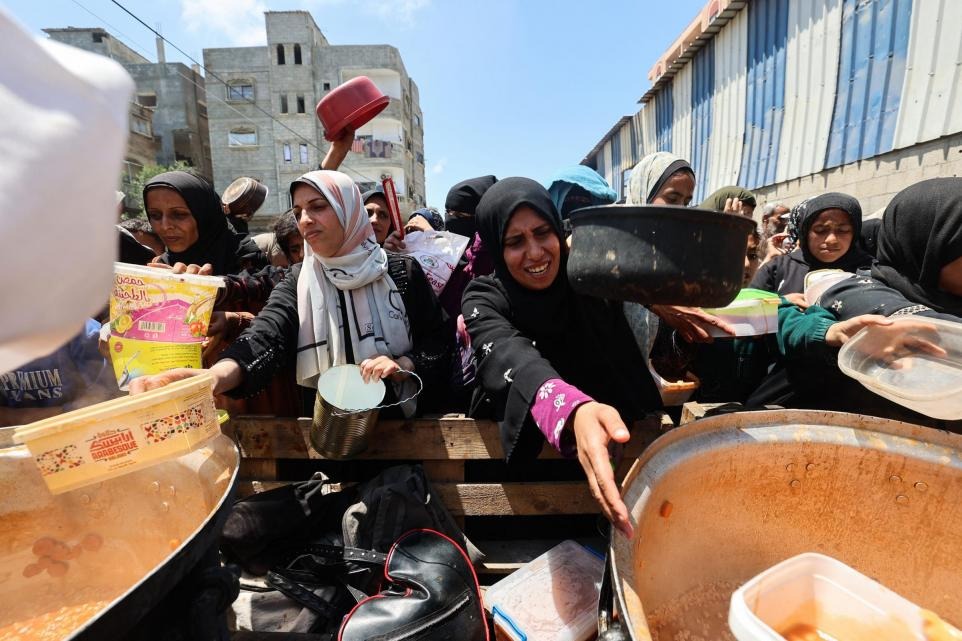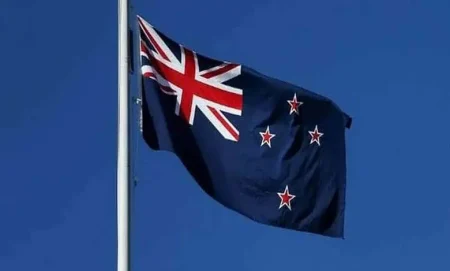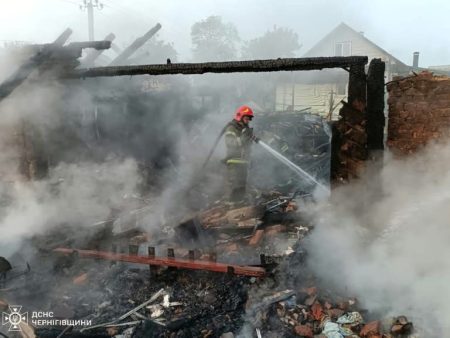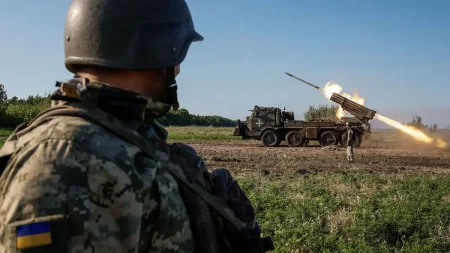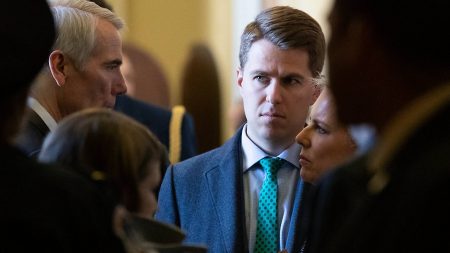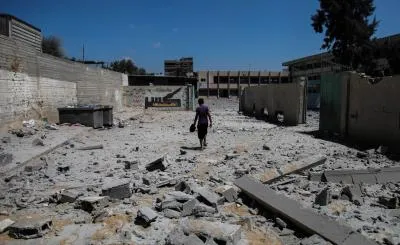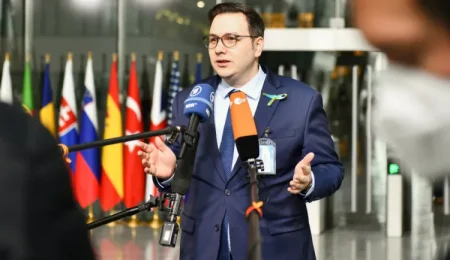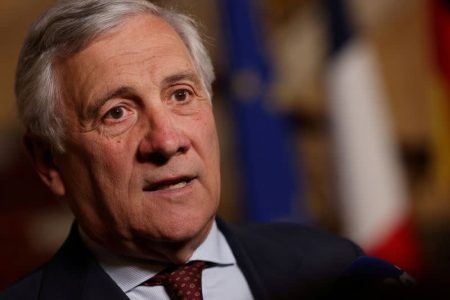The humanitarian crisis in Gaza continues to escalate, with children and families facing starvation, a lack of access to basic necessities like water and medicine, and widespread suffering. The international community watches as the situation grows dire, prompting calls for immediate action. As of 2025, the ongoing conflict has led to severe conditions in Gaza, with Israel’s actions facing increasing scrutiny. Critics argue that the UK government, under the Labour Party, has been slow to intervene, fueling concerns about human rights violations.
The Ongoing Crisis in Gaza
The situation in Gaza has become increasingly critical, with reports indicating widespread deprivation. Basic resources, including food, water, and essential medical supplies, are almost impossible to obtain for those living in the region. Children and families are suffering the most, facing starvation and health complications due to the lack of access to life-saving necessities.
International organizations and human rights groups have raised alarms over the ongoing crisis. Medical workers and humanitarian teams are struggling to deliver aid, and hospitals are overwhelmed by the growing number of casualties. The lack of sufficient aid is compounded by restrictions on movement and access, which have made it nearly impossible for people to escape the violence or receive much-needed assistance.
Israel’s Role in the Crisis
Israel has faced increasing international criticism for its military actions in Gaza. The country is accused of committing war crimes and crimes against humanity, with many citing indiscriminate attacks that have targeted civilian areas. The United Nations has repeatedly called for an end to the violence, urging both sides to cease hostilities and engage in dialogue. However, the ongoing conflict has shown little signs of resolution.
Critics argue that Israel’s actions have crossed a line into what some are calling “plausible genocide,” as the violence disproportionately affects civilians, particularly children, women, and the elderly. The international community is divided on how to address the situation, with some countries calling for stronger sanctions on Israel, while others advocate for peaceful negotiations.
UK Government’s Response
One of the most significant points of contention is the response of the UK government. Critics, including politicians and human rights activists, have expressed disappointment in the UK’s reluctance to take stronger action. Despite widespread calls for the UK to recognize Palestine as a sovereign state, the Labour-led government has been slow to respond.
Currently, 147 of the 193 member states of the United Nations have recognized Palestine, but the UK remains among the nations that have yet to make this important step. Advocates for Palestinian recognition argue that acknowledging Palestine’s sovereignty would be a significant move towards peace and justice in the region. Yet, the UK’s hesitation to take this step has raised questions about its stance on the ongoing conflict.
The government’s delay in recognizing Palestine and pushing for a ceasefire has been criticized by activists who argue that the UK’s current position only prolongs the suffering of innocent civilians. The Labour government’s focus on diplomatic solutions, while important, has been seen by some as inadequate given the urgency of the humanitarian crisis.
Urgent Call for Action
As the humanitarian situation in Gaza worsens, the call for immediate action has never been more urgent. Human rights organizations are demanding that food, water, and medical supplies be allowed into the region without delay. The continued blockade of Gaza, which prevents the flow of essential resources, is exacerbating the suffering of its residents.
Time is running out for the people of Gaza. Experts warn that without immediate intervention, the death toll could rise even further, with children and vulnerable individuals bearing the brunt of the crisis. Governments around the world are being urged to prioritize humanitarian aid and support measures that ensure the delivery of basic necessities.
Why is the UK Lagging Behind?
The question remains: why is the UK government so slow to act in this critical moment? As global pressure mounts for the UK to take a stronger stance, the Labour government is facing increasing criticism for its perceived inaction. Advocates for Palestine argue that it is time for the UK to stop supporting Israel militarily and to recognize Palestine as a sovereign nation.
The UK’s position on the Israel-Palestine conflict has long been a topic of debate. While the government has expressed support for a two-state solution, critics argue that the UK’s failure to take stronger action in support of Palestine undermines efforts to bring peace to the region. With much of the international community already acknowledging Palestine, the UK’s reluctance to follow suit raises questions about its role in the global effort for justice.
The Path Forward
The path to peace in Gaza is fraught with challenges, but immediate action is necessary to prevent further loss of life. The situation requires a concerted international effort to ensure that humanitarian aid reaches those in need. Countries, including the UK, must take a more active role in pushing for an end to the violence and in providing the support Gaza desperately requires.
As the world watches, the urgency of the situation continues to grow. The time for action is now. The international community must act swiftly and decisively to address the humanitarian crisis in Gaza, ensuring that innocent lives are not lost in the ongoing conflict.





